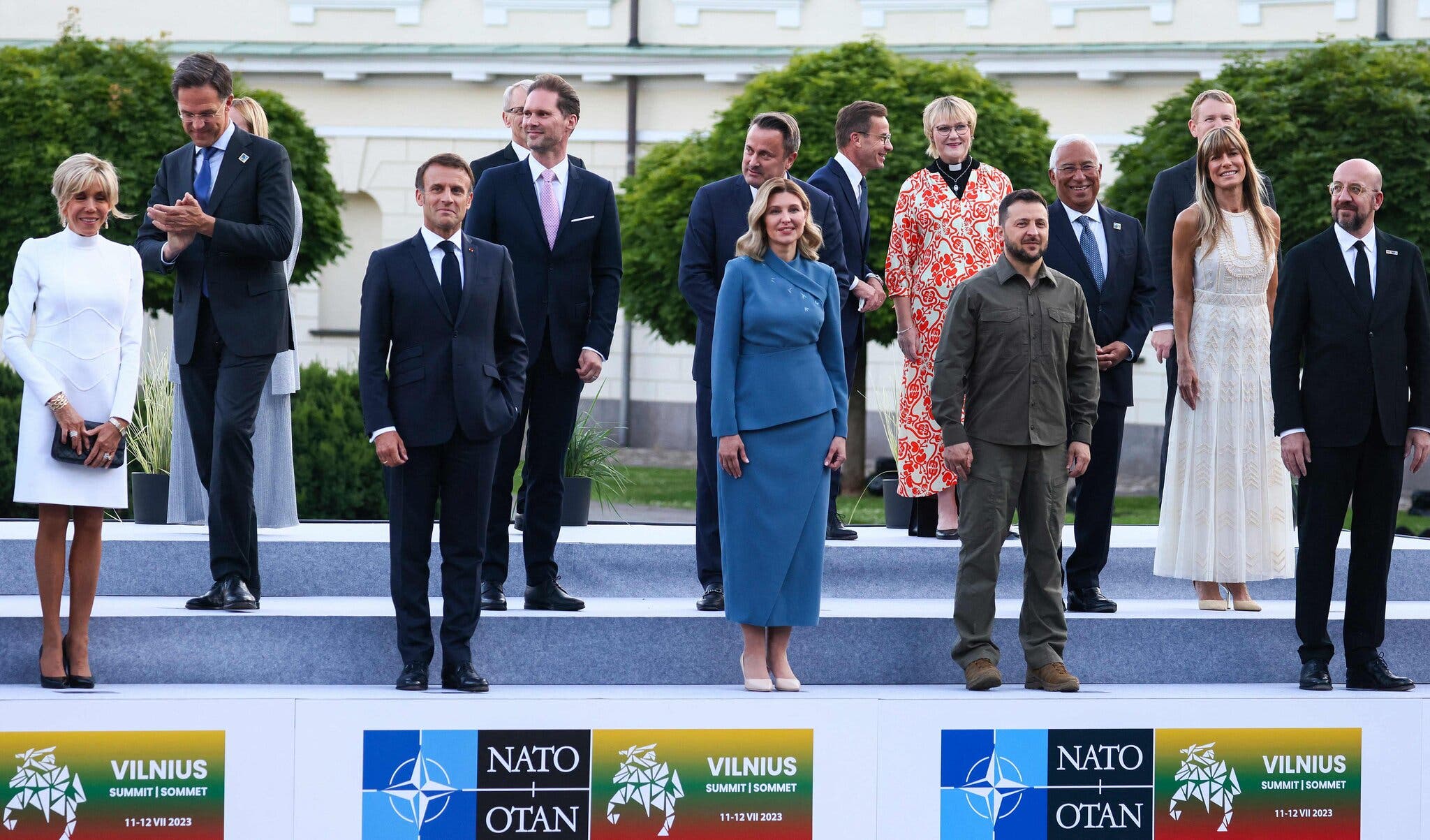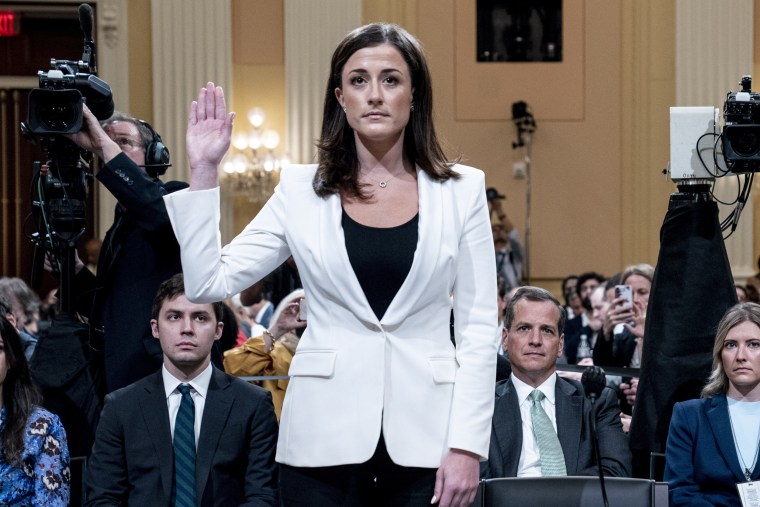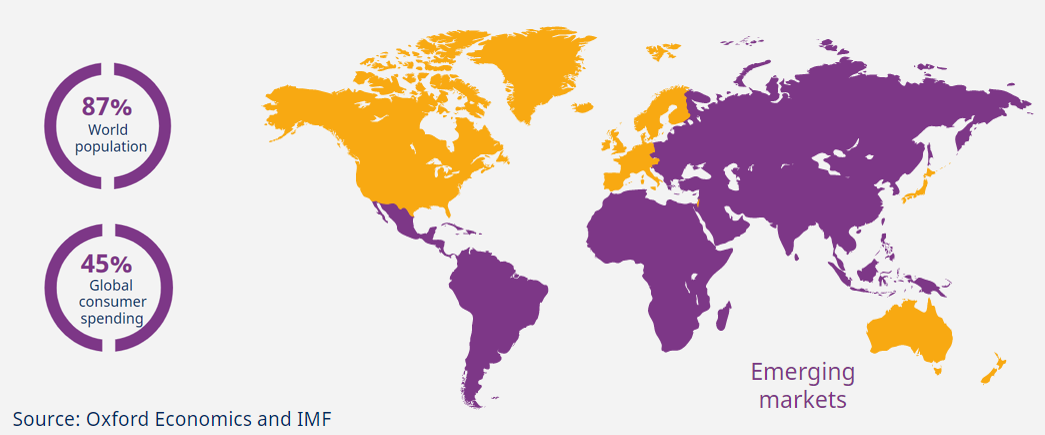Ukraine's NATO Bid: Trump's Skepticism And Its Implications

Table of Contents
Trump's Stance on Ukraine's NATO Membership
Public Statements and Actions
Trump's public pronouncements and actions regarding Ukraine's NATO membership were consistently marked by skepticism, if not outright opposition. He frequently questioned the benefits of NATO expansion, particularly concerning Ukraine.
- Examples of critical statements: Trump publicly voiced concerns about the financial burden of defending Ukraine, suggesting it was not a worthwhile investment for the United States. He often expressed doubts about Ukraine's readiness to meet NATO's standards.
- Evidence: Numerous news reports and transcripts of Trump's speeches and press conferences document his critical stance. For instance, [cite specific news source and direct quote]. His interactions with NATO allies also reflected this reluctance.
Underlying Reasons for Skepticism
Several factors likely contributed to Trump's reluctance to endorse Ukraine's NATO bid.
- "America First" policy: Trump's prioritization of American interests often overshadowed concerns about international security cooperation. He viewed alliances as potentially detrimental to the US's economic and strategic interests.
- Concerns about financial burdens: Trump repeatedly expressed concerns about the cost of defending new NATO members, arguing that it placed an undue burden on US taxpayers.
- Perceived lack of Ukrainian readiness: Questions were raised regarding Ukraine's ability to meet NATO's military and democratic standards, providing Trump with an argument against membership.
- Doubts about NATO's effectiveness: Trump voiced skepticism about the overall effectiveness and purpose of NATO, questioning the value of the alliance itself.
The logic behind these reasons, however, was frequently criticized for undermining collective security and neglecting the strategic importance of deterring Russian aggression.
Geopolitical Implications of Trump's Skepticism
Impact on Ukraine's Security
Trump's skepticism directly impacted Ukraine's security situation.
- Increased vulnerability to Russian aggression: The lack of a clear commitment to NATO membership emboldened Russia, creating a perception of reduced deterrence against potential invasion.
- Weakened deterrence: Trump's rhetoric undermined the credibility of NATO's collective defense commitment, potentially reducing the alliance's effectiveness as a deterrent against Russian aggression.
- Impact on international support: Trump's stance created uncertainty among Ukraine's allies and diminished international support for its sovereignty and territorial integrity. This uncertainty was reflected in [cite relevant statistics on military aid or diplomatic support].
Effect on Transatlantic Relations
Trump's approach significantly strained transatlantic relations.
- Strain on alliances: His skepticism about NATO and his reluctance to support Ukraine challenged the fundamental principles of collective security within the alliance.
- Questioning of mutual commitments: Trump's actions cast doubt on the reliability of US commitments to its allies, undermining trust and cooperation.
- Impact on NATO's credibility: Trump's inconsistent support for NATO damaged the alliance's credibility and its ability to effectively address security challenges. The long-term consequences include [mention potential long-term impacts, such as decreased willingness to participate in future NATO missions].
Shifting Global Power Dynamics
Trump's skepticism played into broader global power dynamics, benefiting Russia and potentially emboldening other revisionist powers.
- Russia's assertiveness: Russia took advantage of the uncertainty surrounding Ukraine's NATO aspirations, escalating its aggression in Eastern Ukraine and annexing Crimea.
- China's influence: Trump's focus on bilateral relations and his questioning of alliances potentially allowed for greater Chinese influence in global affairs.
- The changing balance of power in Eastern Europe: The uncertainty surrounding Ukraine's NATO membership created a power vacuum in Eastern Europe, allowing Russia to exert greater influence in the region. Numerous geopolitical analyses ([cite relevant reports]) highlighted this shifting balance of power.
Post-Trump Era: Ukraine's Continued Pursuit of NATO Membership
Biden Administration's Approach
The Biden administration has adopted a markedly different approach to Ukraine's NATO aspirations compared to the Trump administration.
- Statements of support: The Biden administration has reiterated its strong support for Ukraine's sovereignty and its right to choose its own security partnerships, including potential NATO membership.
- Increased military aid: Significant increases in military aid and security assistance have demonstrated a stronger commitment to Ukraine's defense.
- Diplomatic efforts: The Biden administration has engaged in active diplomacy to strengthen Ukraine's ties with NATO allies and to bolster support for its NATO aspirations.
This shift in approach has considerably improved the prospects for Ukraine's security and its pursuit of integration with the West.
Challenges and Opportunities
Despite the changed climate, challenges remain for Ukraine in its pursuit of NATO membership.
- Internal reforms required: Implementing necessary political and economic reforms to meet NATO's standards remains a significant undertaking.
- Maintaining international support: Continued support from key NATO allies is crucial for Ukraine to overcome obstacles and secure membership.
- Ongoing conflict with Russia: The ongoing conflict with Russia poses a major impediment to Ukraine's progress toward NATO membership. [Mention ongoing challenges related to the conflict].
However, the Biden administration's commitment and strong international support offer significant opportunities for Ukraine to advance its NATO aspirations.
Conclusion: The Enduring Legacy of Trump's Skepticism on Ukraine's NATO Bid
Trump's skepticism regarding Ukraine's NATO bid had profound and lasting consequences. His policies created a climate of uncertainty, increased Ukraine's vulnerability to Russian aggression, strained transatlantic relations, and shifted the global power balance in favor of revisionist powers. While the Biden administration has attempted to rectify these issues, the legacy of Trump's approach continues to shape the geopolitical landscape. Understanding the impact of Trump's actions is vital for analyzing the current situation and the future of Ukraine's NATO membership. We must continue to monitor Ukraine's progress in its NATO aspirations and support its efforts to secure its long-term security and stability. Further engagement with the issue of Ukraine's NATO bid and the implications for regional and global security remains crucial.

Featured Posts
-
 Nfl Draft Day 1 Green Bays First Round Coverage
Apr 26, 2025
Nfl Draft Day 1 Green Bays First Round Coverage
Apr 26, 2025 -
 Cassidy Hutchinsons Fall Memoir Insights From The January 6th Hearings
Apr 26, 2025
Cassidy Hutchinsons Fall Memoir Insights From The January 6th Hearings
Apr 26, 2025 -
 The Perilous Practice Of Betting On Natural Disasters The La Wildfires Case Study
Apr 26, 2025
The Perilous Practice Of Betting On Natural Disasters The La Wildfires Case Study
Apr 26, 2025 -
 Feeling The Mississippi Delta The Cinematography Of Sinners
Apr 26, 2025
Feeling The Mississippi Delta The Cinematography Of Sinners
Apr 26, 2025 -
 Point72s Departure A Deep Dive Into The Closure Of An Emerging Markets Fund
Apr 26, 2025
Point72s Departure A Deep Dive Into The Closure Of An Emerging Markets Fund
Apr 26, 2025
